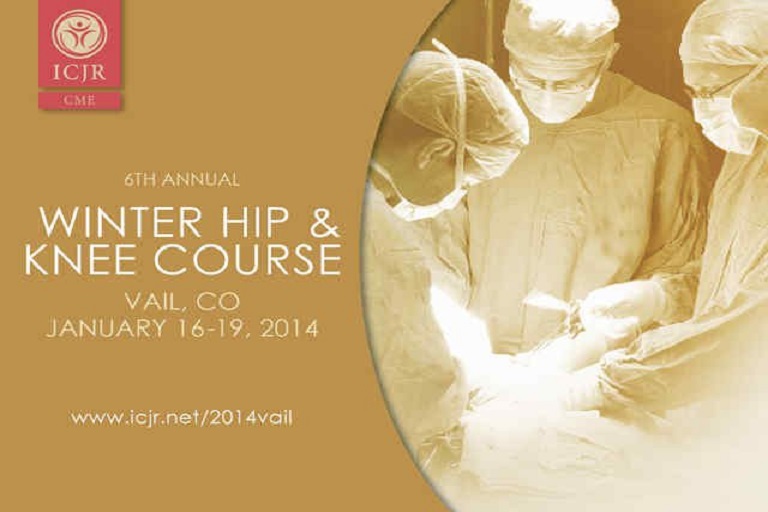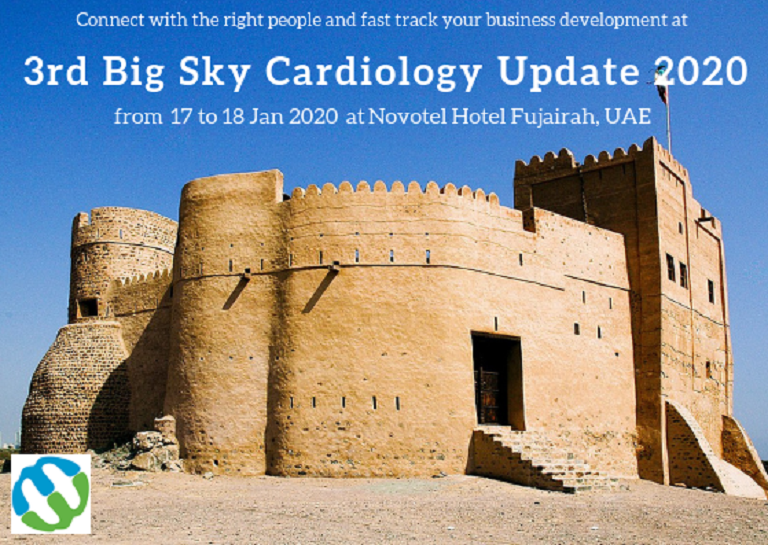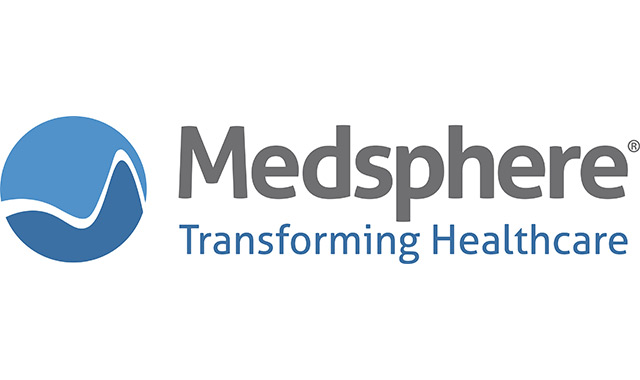
Let’s face it, there will always be a segment of your patient population that just isn’t interested in using a patient portal. But with so much of life now conducted online, the good news is that robust design and usefulness will engage most patients.
Over time, a portal should become the foundation for more extensive electronic communications between patient and provider—a tiny seedling that will hopefully blossom into a collaborative relationship. So, what functionalities should patient portal tools have to succeed?
Perhaps the best approach for many care provider organizations is to follow a progressive strategy, starting with some basics and moving toward a robust tool that enhances the patient/provider relationship.
The Starter Set
According to polling data, patients want to schedule appointments, pay bills and view records online, and most providers don’t offer this trifecta. It makes sense to start with these three basic capabilities because they’re relatively easy to install and attractive to patients.
Beyond these three functions, it’s essential to look at portals from other functional perspectives as well as overall usability. Sure, you could build a portal that allows patients to view every data nugget in their record, but it won’t matter much if the tool is clumsy and ugly.
Core Functional Capabilities
Capterra, an organization that identifies ideal software solutions for specific business needs, talked to actual users (patients, in this case) to determine what’s optimal in the patient portal experience. Capterra has identified some core functional characteristics that the best solutions share.
- Make it easy to sign up and log in. Patients get frustrated and tend to not use the portal if the very first thing they must do is prohibitively complex. Choose or create a tool that has automated password recovery and that is available to patients any time, night or day.
- Give patients secure access to doctors. Patients want responses to medical questions from a doctor. Carefully consider this issue; patients told Capterra they don’t appreciate being shuttled to nurses or front office staff for answers to health questions.
- Enable attachments. Patients want to be able to send attachments to physicians via email. Yes, this could enable an avalanche of iPhone images of poison ivy rash, but it may also keep patients out of the clinic, saving time and money.
- Include automated alerts. Patients don’t want to just check occasionally to see if they might have a new message. They want to be notified electronically when something in the portal changes.
- Make it easy to schedule appointments online. Mentioned above as one of the three foundational patient portal capabilities, the ability to make online appointments eliminates one of your patients’ pet peeves: waiting interminably on the phone instead.
- Connect to the EHR. Of course. Many portals are a component in the broader EHR, and others are standalone but integrate with an EHR, so virtually all available solutions satisfy this requirement.
- Make it mobile. Human beings are taking their technology with them wherever they go. Most people check and respond to email on a mobile device now, and they want solutions that are optimized for both mobile and non-mobile platforms.
- Facilitate bill payment. Increasingly, just about every possible bill-paying scenario is available online. (Cue wailing and gnashing of teeth from the check-printing industry.) Moving forward, the patient-as-consumer will gravitate away from providers that can’t enable them to pay medical bills online as easily as they can pay the gas bill.
Some portals offer functionalities that just need to be “turned on;” others don’t and may require further IT development and customization. Either way, it’s clear that healthcare consumer online tools should approximate the experience of accessing other types of services. Yes, healthcare is different, but patients are also consumers who will shop for providers with modern electronic tools if their frustration exceeds a certain threshold.
Patient-centered Use and Clinical Encounter Integration
Beyond offering basic engagement and usability features that apply to every electronic tool these days, the best patient portals also support patient-centered outcomes and integrate with clinical encounters. Getting to that level of patient portal use will likely be an evolving process among physicians, patients and IT, not an immediate product of portal implementation.
Now 10 years into patient portal use and integration, four Kaiser Permanente physicians shared their experiences and lessons learned in a Health Affairs Blog post. Compellingly, the doctors credit their patient portal for specific, measurable benefits and illuminating data:
- Secure email improves outcomes and care. Use of secure physician-patient email communication is associated with a 2 to 6.5 percent improvement in Healthcare Improvement Data Information Set (HEDIS) health measures like glycemic, blood pressure and cholesterol screening and control.
- Patient portal use correlates with loyalty. At Kaiser, patients that use the portal are 2.6 percent more likely to remain a member of the health system than non-users. Pulling in the crucial quality component, it also helps that 85 percent of patients give email communications an 8 or 9 on a nine-point scale.
- Face-to-face visits decline with patient portal use. Does use of the patient portal increase or decrease face-to-face encounters? The jury is out, as illustrated by four contradicting studies the authors cite. Still, Kaiser has seen in-person visits decrease, which correlates with a slight uptick in portal use.
- Portal use falls along predictable lines, mostly. The prediction, naturally, was that younger patients would use the portal more frequently. In fact, the 60-69 age group has shown the highest rate of patient portal registration and use. In terms of race and ethnicity, however, white patients more frequently use the portal than do Americans of Asian, Latino or African descent.
Hopefully, the experience of forward-thinking providers will clarify what functions to look for in selecting and managing a patient portal. But the lessons offered by organizations like Kaiser and Capterra can’t simplify what are probably the two most challenging parts of patient portal implementation—overcoming physicians’ frustrations with answering emails on top of their clinical workload and convincing patients to regularly use the tool.
So let’s face the challenges and take them one at a time. Let’s embrace the idea that a more direct, responsive online relationship between patient and provider holds strong positives for both. Through robust portals, patients can more efficiently support their own healthcare and feel more in control. As patients experience more benefit, their providers will too. Engagement of both groups will evolve into time savings (and cost savings for providers), fewer visits, stronger patient-provider relationships, and improved outcomes. We’re only seeing the first ripples of this evolution now, but early signs suggest a significant wave is approaching.
D’Arcy Gue is Director of Industry Relations for Medsphere Systems Corporation.


















































